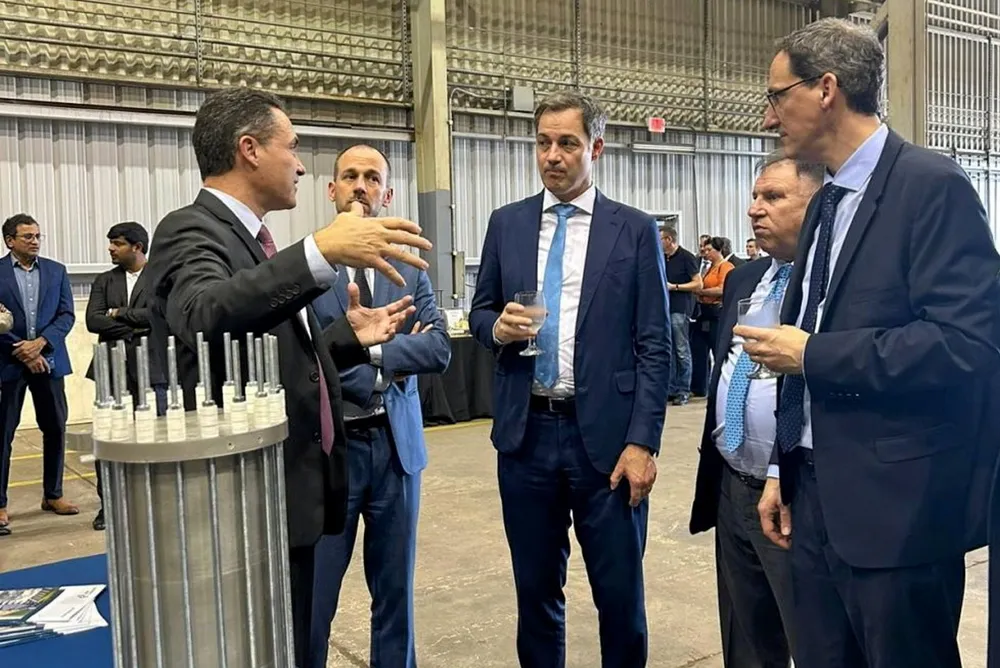Green hydrogen | John Cockerill starts construction on first alkaline electrolyser gigafactory in US
Belgian manufacturer hopes to begin assembling machines in existing building next summer

Belgian manufacturer hopes to begin assembling machines in existing building next summer
